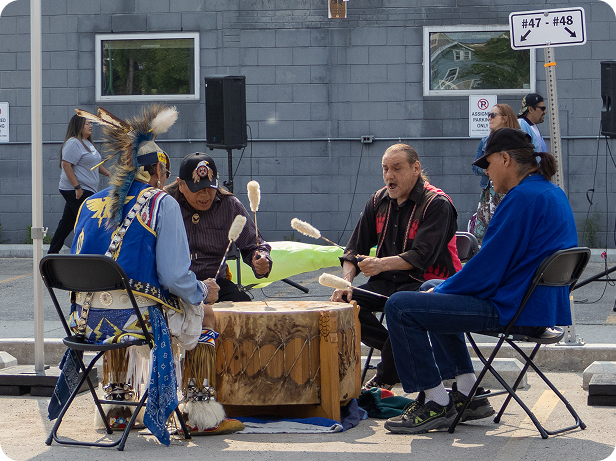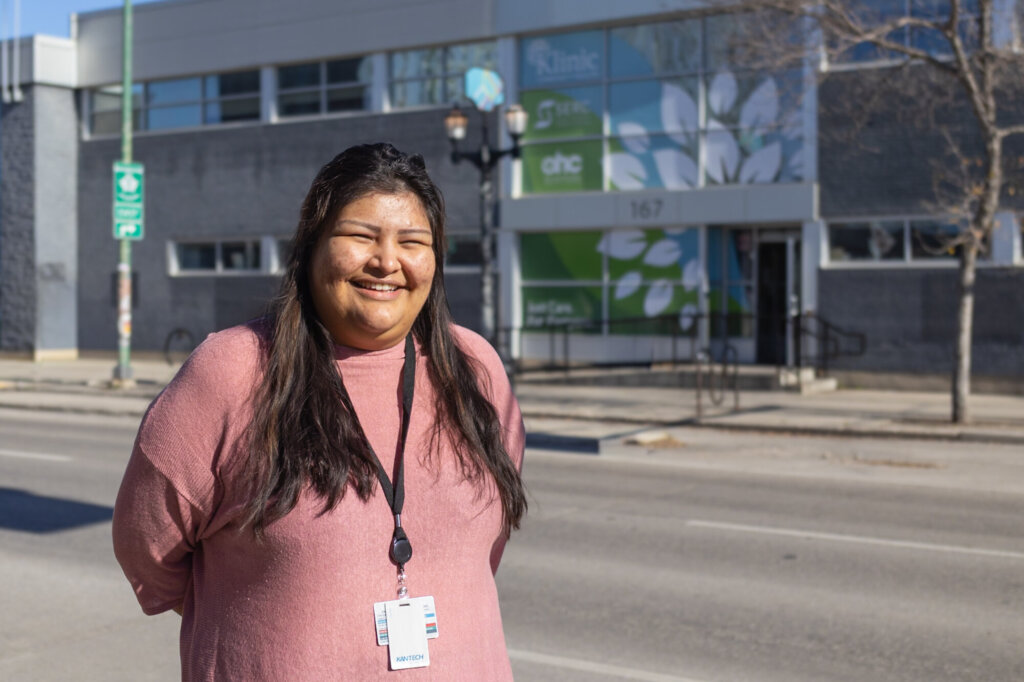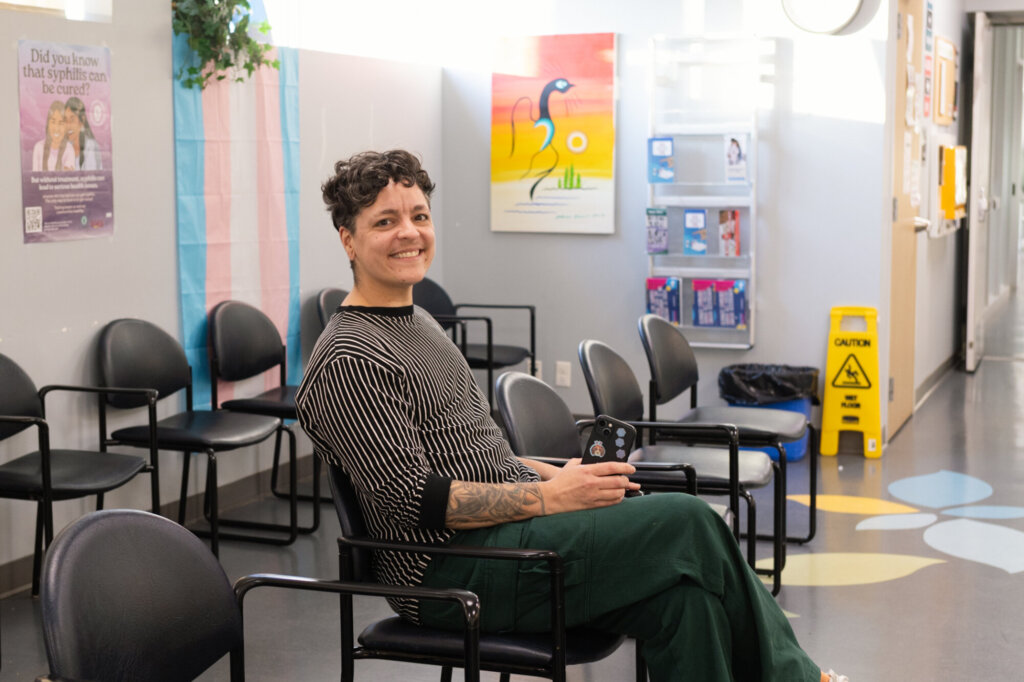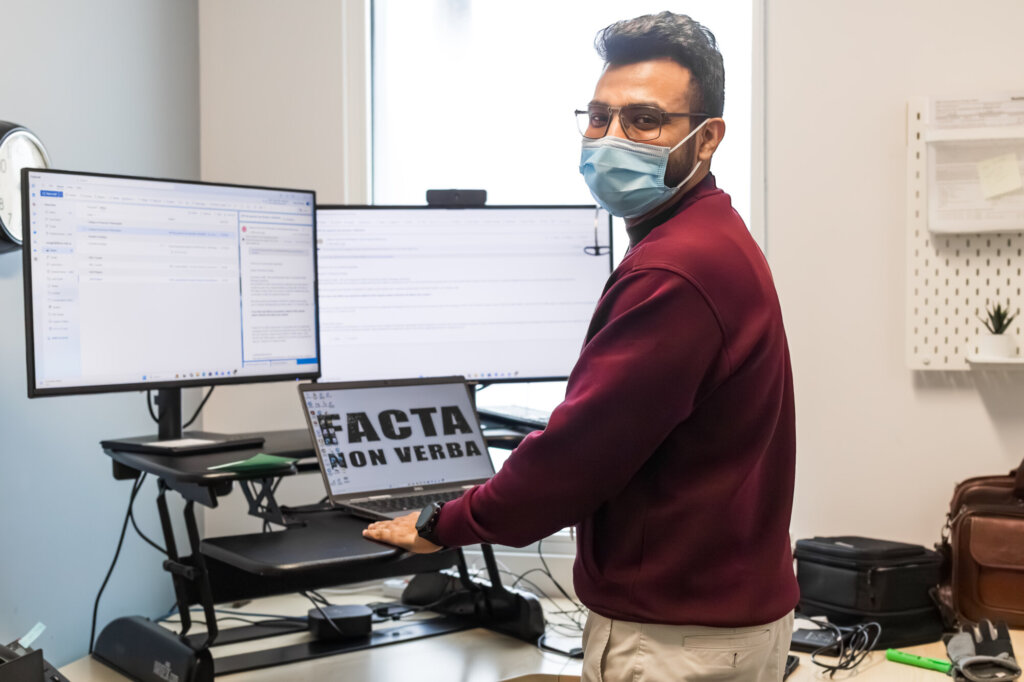

Get involved
Together, we flourish. Help us make excellent care a reality for everyone. Donate, volunteer, or work with us.
Overview
Cultivating strong, healthy communities takes teamwork. Join us as a team member, volunteer, donor, or student to provide community healthcare and promote social justice for all.
Donate to Klinic
Build with us. Together, we can foster healthier communities. Big or small, your donation supports fair and respectful community healthcare. Join us in making just care a reality for everyone.
Careers
Work with us. Join a close team that cares about people. Transform your love for helping others into a rewarding career with Klinic. Enjoy good pay, benefits, and opportunities to grow.
Volunteer
Grow with us. Volunteer with us on crisis lines or in person. Gain experience and connect with a community that shares your passion for helping others.
Clinical student placements
Learn with us. Are you a counselling or social work student? Join us for a rewarding placement in a supportive setting. Build your skills while supporting healthy communities.

Go to Donate

Careers at Klinic
Join the Klinic team and be part of a community rooted in social justice.
Read More about Careers at Klinic
Volunteer
Grow with us. Help others, grow yourself. Volunteer with us on crisis lines or in person. Gain experience and connect with a community that shares your passion for helping others.
Read More about Volunteer
Student Placements
Learn with us. Are you a counselling or social work student? Join us for a rewarding placement in a supportive setting. Build your skills while supporting healthy communities.
Read More about Student Placements